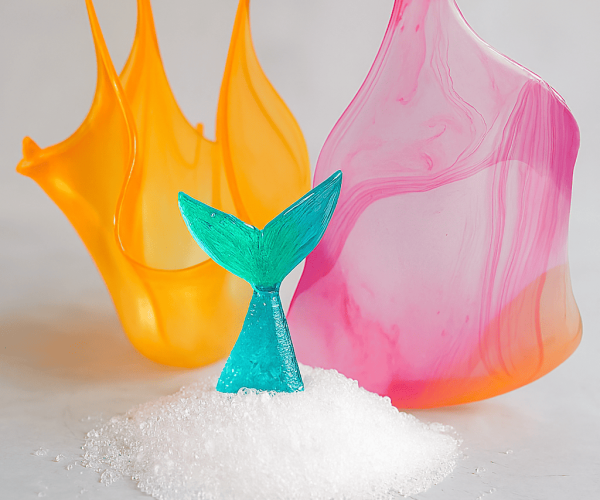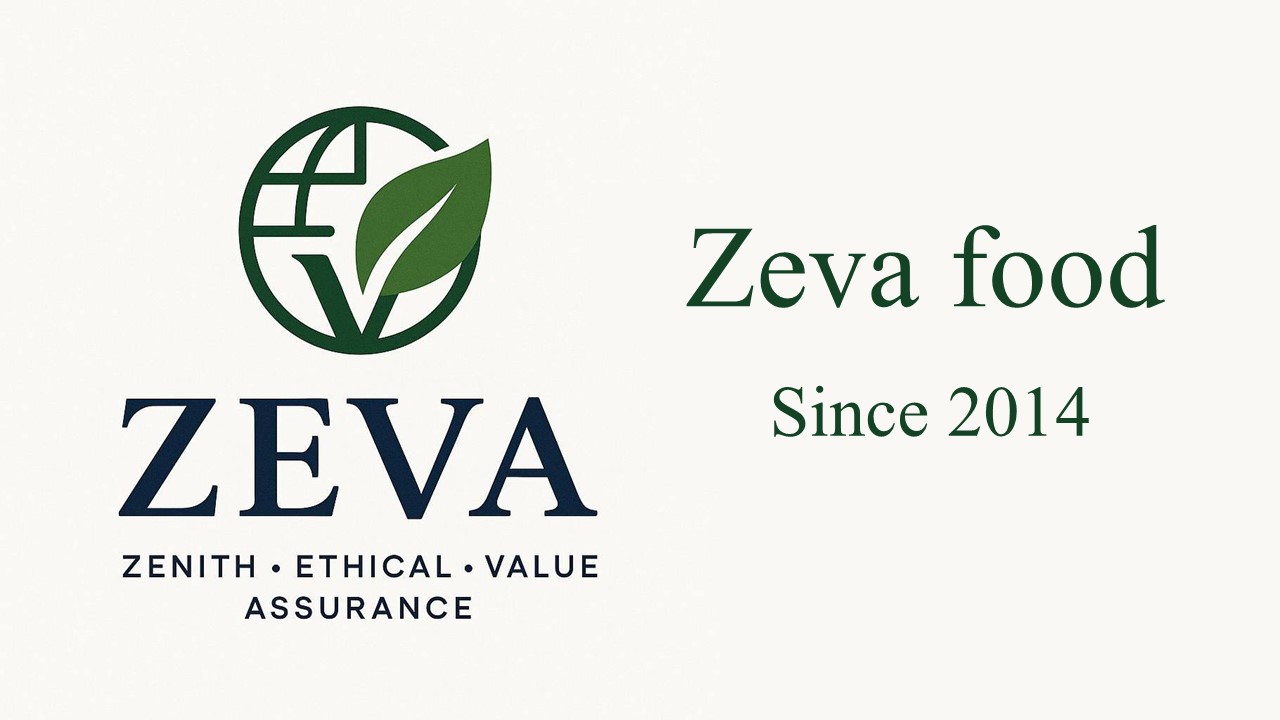Isomalt
Isomalt: Stable, Tooth-Friendly, and Low-Calorie Sweetener for Modern Food Innovation
Isomalt is a naturally derived sugar substitute obtained from beet sugar, offering a low-calorie, versatile, and stable sweetening solution. Moreover, it delivers approximately half the calories of regular sugar while maintaining a similar sweetness profile, making it ideal for health-conscious and sugar-reduced products.
In addition, isomalt’s exceptional stability under high temperatures and humidity allows confectioners and manufacturers to create sugar-free candies, chewing gums, baked goods, chocolates, coatings, and decorative confectionery with long-lasting texture and appearance. Therefore, it is highly valued in both functional foods and clean-label product formulations.

Origin and Composition
Derived from beet sugar through a natural enzymatic process, isomalt is a bulk sweetener that provides sweetness comparable to sugar but with lower caloric content. Its structure resists crystallization, is non-hygroscopic, and ensures consistent texture and appearance in complex formulations.
Consequently, isomalt’s natural origin and reliable composition make it a preferred ingredient for premium, health-oriented, and international products.
Health and Functional Benefits
Isomalt offers multiple advantages for modern food and health products:
- Low-calorie: approximately half the calories of regular sugar
- Tooth-friendly: reduces risk of dental caries
- Low glycemic index: suitable for sugar-reduced formulations
- Heat- and humidity-stable: ideal for confectionery, baking, and coatings
- Clean-label compliant: derived naturally from beet sugar, appealing to health-conscious consumers
Applications Across the Food Industry
Isomalt is a naturally derived, science-based sugar substitute from beet sugar, offering low-calorie, tooth-friendly, and highly stable properties. Moreover, it supports innovative formulations in health-conscious, sugar-reduced, and functional products, making it ideal for global markets.
1. Confectionery and Sugar-Free Treats
- Sugar-free candies: Isomalt serves as a reliable replacement for sugar, delivering sweetness with half the calories.
- Chewing gums: Its non-crystallizing structure and moisture resistance ensure long-lasting texture.
- Chocolate, coatings, and sugar art: Provides stability under high temperatures and humidity, perfect for decorative applications.
2. Bakery and Desserts
- Low-calorie biscuits and cakes: Supports reduced-sugar baked goods without compromising texture.
- Dessert toppings and glazes: Creates shiny, durable coatings for pastries, gels, and confections.
- Decorative sugar art: Maintains shape and transparency in sculpted sugar designs.
3. Probiotic and Functional Products
- Carrier for probiotics: Protects live probiotic strains during processing and storage.
- Functional supplements and nutraceuticals: Ideal for chewable tablets, lozenges, and health-focused formulations.
- Fortified foods: Enhances texture and sweetness while supporting low-glycemic and tooth-friendly claims.
4. Beverages and Nutritional Supplements
- Sugar-reduced and diet drinks: Provides natural sweetness without spiking blood sugar.
- Functional beverages: Works in formulations containing vitamins, minerals, or bioactive compounds.
- Nutraceutical powders and syrups: Improves flavor and mouthfeel in high-value, functional supplements.
Furthermore, isomalt’s low-calorie, clean-label, and tooth-friendly properties make it highly suitable for modern health trends, including sugar-reduced, probiotic-enriched, and functional food products. Consequently, it represents a premium, versatile ingredient for manufacturers aiming to deliver innovative and globally competitive offerings.

Regulatory and Technical Information
In the European Union and many international markets, Isomalt is approved as a low-calorie, food-grade sweetener under the code E953. It meets international safety standards and is considered safe for consumption within recommended usage levels in a wide range of food and beverage applications.
| Property | Description |
|---|---|
| Form | Granules, Powder |
| Origin | Naturally derived from beet sugar |
| Sweetness | Similar to sugar (sucrose) |
| stability | High temperature and humidity resistant |
| Solubility | Water-soluble |
| Caloric Value | ~2 kcal/g (≈50% of sugar) |
| Hygroscopicity | Low (non-hygroscopic) |
| Glycemic Index | Low |
| Shelf life | 24–36 months in a cool, dry place below 25°C, protected from moisture and sunlight. |
| Packaging | Food-grade bags, drums, or bulk containers |
Comparison with Sugar and Synthetic Sweeteners
Unlike synthetic sweeteners, isomalt combines natural origin, low-calorie content, and functional versatility in one ingredient. Furthermore, it supports clean-label trends, consumer trust, and sugar-reduced innovation, advantages that many artificial alternatives cannot provide.
Sustainability and Export
Produced from sustainably sourced beet sugar, isomalt offers consistent purity, traceable supply, and environmentally conscious production. Therefore, it is an attractive choice for manufacturers, distributors, and brands seeking premium low-calorie sweeteners for global markets.
